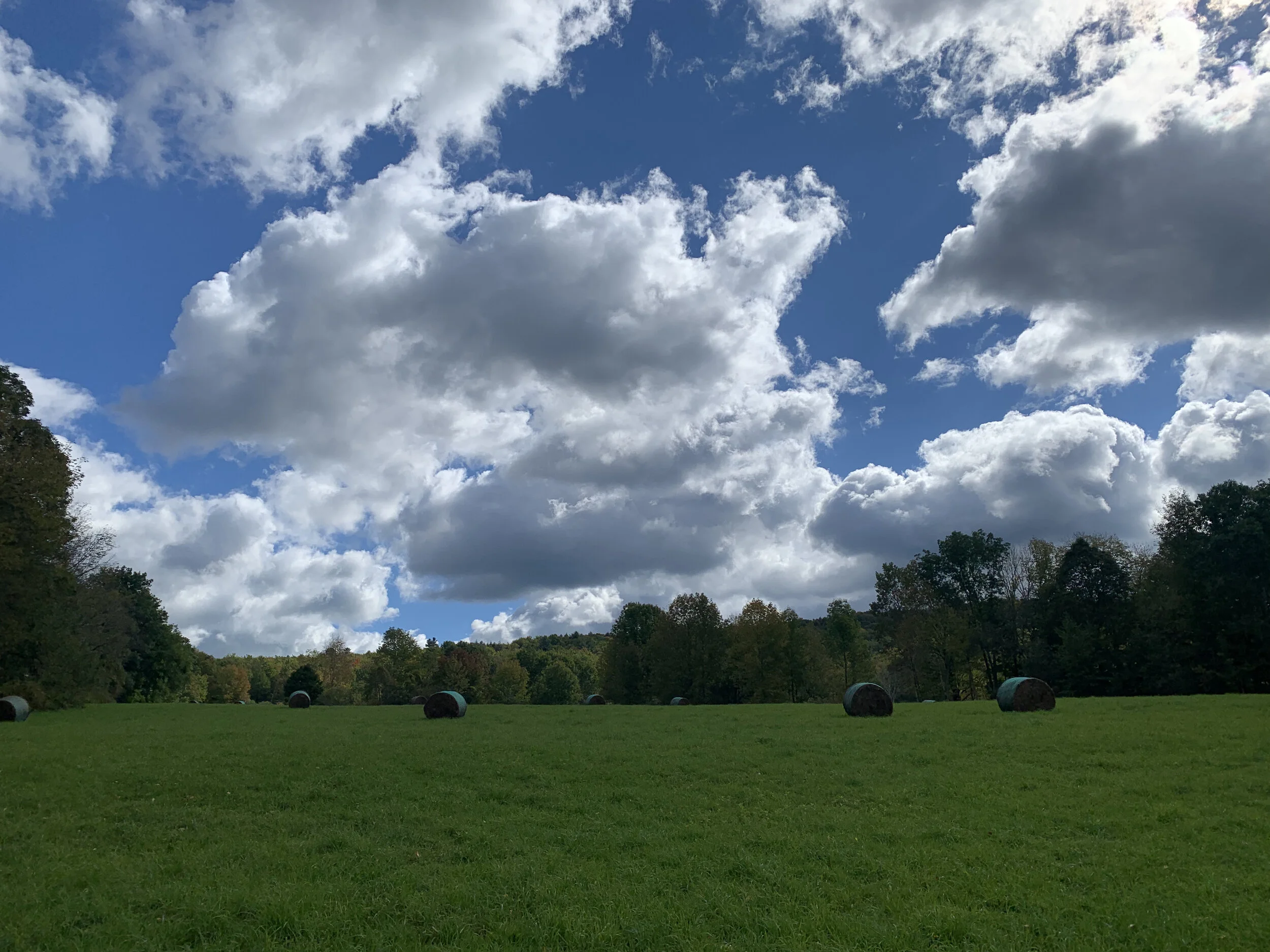THERAPY APPROACH
My approach to psychotherapy draws on a number of schools of psychotherapy that can be effectively woven together, including psychodynamic, cognitive-behavioral, motivational enhancement, family systems and general mindfulness approaches.
I work on the premise that many problems in adulthood stem from what we learned in childhood. Many strategies that were successful when we were young (ways to get needed attention, to feel safe, reduce our anxieties and calm our fears, to get basic needs met by significant others) no longer work in adulthood when we move beyond the scope of our families-of-origin. We can think of the totality of these strategies as the roles we have learned to play (without awareness) in our families, and which we continue to play out in our current relationships. In our meetings, our discussions will often go back and forth from the past to the present with a goal of learning as much as we can about the roles you have played (and continue to play) in order to improve the ways you navigate your present life. In other words, we spend some time learning about your childhood and early family life so that we can get a clearer idea of what you learned back then and how it may be interfering in the present. Psychotherapy then focuses on helping to bring what you have learned into your daily life.
Many of my clients have prior psychotherapy experience, sometimes disappointing. Some are men who have had limited experience with psychotherapy. Many have told me that the way I work is straightforward and that they understand why I ask the questions I do, and why I challenge old patterns.


